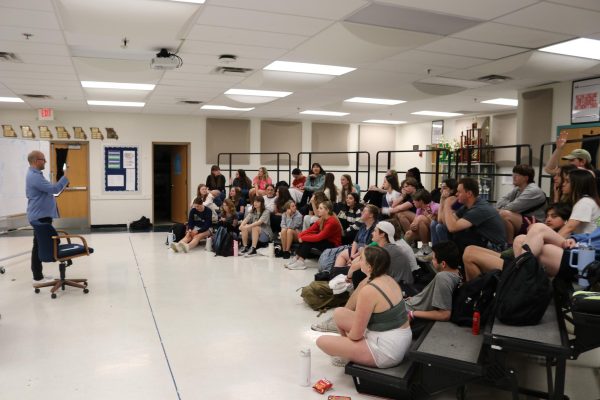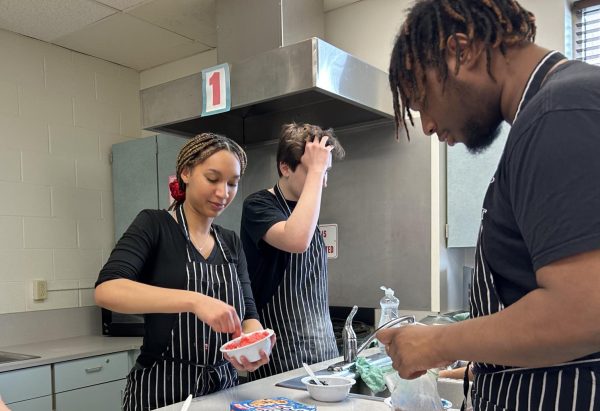Achieving social equality through personal changes
Ferguson. Gay Marriage. Feminism.
In the past year, social change has dominated the forefront of media, advocating the need for several societal adjustments. With social change issues more accessible than ever, the general consensus points our nation toward a unified right to equality.
Conversely, we continue to see a lack in equality and diversity because the quintessential ideal of equality means nothing if we don’t work to apply it as individuals. Whether we’re passing pedestrians on the street or working with colleagues in the classroom, we all have instinctive prejudice programmed into our brains that often keep us from addressing social change on a personal level.
However, it is important to realize our natural biases are not a shameful thing, so remove the guilt. Instead of ignoring or pretending you don’t possess social tendencies, take the time to acknowledge who you are bias toward.
Whether you’re natural inclination is to distrust women or you find yourself steering clear of a particular race, identifying your unconscious bias is the only way to move past it. Resetting your automatic response begins with acknowledgement, but also requires pursuement.
Seek your bias; that’s right, go after them. Surround yourself with as many people who occupy your prejudice as possible. Meet people who are unlike you and force yourself to seek relationships with those you would otherwise disassociate yourself from.
If we can build respectful connections with people who are unlike us, the power of unconscious biases will begin to decay, especially when we work to alleviate biases on a societal scale.
Besides, pursuing biases allows individuals to develop relationships that would have probably never existed, had they acted upon their initial perceptions.
As our generation continues to push the boundaries of social change, we must also challenge ourselves to push towards an unbiased society.
Put yourself in front of change, and you will become the change.
Your donation will support the student journalists of Marquette High School. Your contribution will allow us to purchase equipment and cover our annual website hosting costs. You may become a PATRON by making a donation at one of these levels: White/$30, Green/$50, Blue/$100. Patron names will be published in the print newsmagazine, on the website and once per quarter on our social media accounts.







